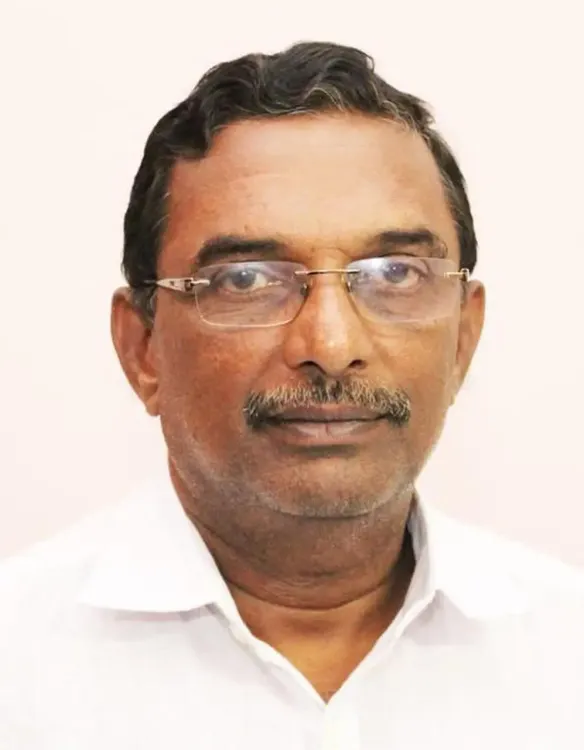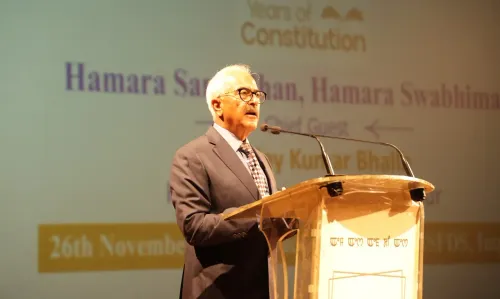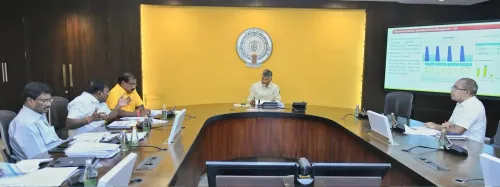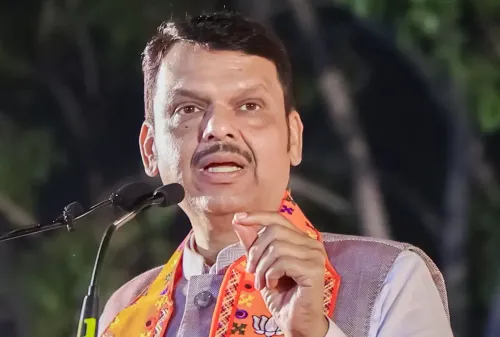Is the Sabarimala Gold Theft Case Targeting 2019 Travancore Devaswom Board Members?

Synopsis
Key Takeaways
- Former Travancore Devaswom Board members implicated in gold theft case.
- SIT investigation reveals serious allegations of misconduct.
- Charges include dishonest misappropriation and forgery.
- Former board president A. Padmakumar pledges cooperation with investigators.
- The case is a significant temple administration scandal in Kerala.
Chennai, Oct 12 (NationPress) The Special Investigation Team (SIT) examining the disappearance of gold from the Sabarimala Ayyappa Temple has implicated the former Travancore Devaswom Board (TDB), overseen by CPI(M) leader A. Padmakumar, in the ongoing investigation.
All individuals who were part of the board in 2019 have been designated as the eighth accused, marking a significant development in the temple gold-plate controversy that has unsettled Kerala’s temple governance.
The former Devaswom Commissioner N. Vasu, along with the Thiruvabharanam Commissioner, Executive Officer, Administrative Officer, and Assistant Engineer, have also been implicated.
The SIT, operating under the leadership of Crime Branch ADGP H. Venkatesh, initiated the investigation following directives from the Kerala High Court, which arose after irregularities were highlighted by the Devaswom Vigilance SP and the Sabarimala High Commissioner.
The inquiry focuses on claims that gold was unlawfully extracted from the Dwarapalaka idols at Sabarimala under the guise of electroplating.
Unnikrishnan Potti, a priest-turned-sponsor funding the gold-coating project, has been identified as the primary accused, with his associate Kalpesh listed as the second. They are accused of illegally removing gold from the idols, resulting in financial detriment to the board.
As per SIT sources, Unnikrishnan Potti initially urged Devaswom officials in 2019 to commence gold-coating of the Dwarapalaka idols. In October 2024, he contacted the authorities again, asserting that the idols had suffered discoloration due to extreme climate change and requested a redo of the work.
On September 8, 2025, officials proceeded with the re-coating, disregarding existing High Court mandates and Devaswom manual protocols that forbid such deviations.
The accused face charges under several sections of the Indian Penal Code, including 403 (dishonest misappropriation of property), 406 and 409 (criminal breach of trust), 466 and 467 (forgery of valuable documents), and 34 (common intention).
Former board president A. Padmakumar responded to this development by expressing his readiness to fully cooperate with investigators. “Let the court ascertain whether the board under my leadership committed any irregularities. I have acted lawfully, and our board adhered to all rules and customs at Sabarimala,” he stated to reporters, emphasizing his support for the investigation and desire for the truth to emerge.
This case, now under the supervision of the SIT, is poised to clarify one of Kerala’s most contentious temple-related scandals in recent memory.









